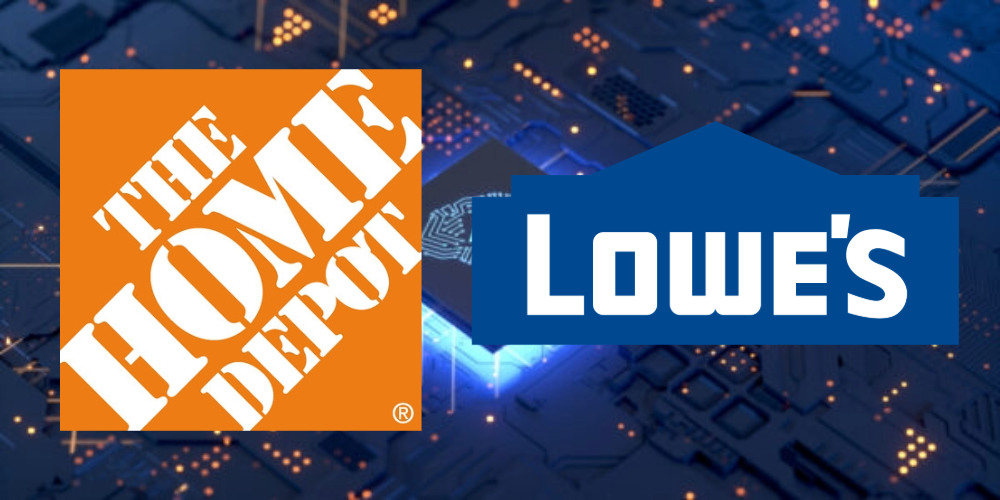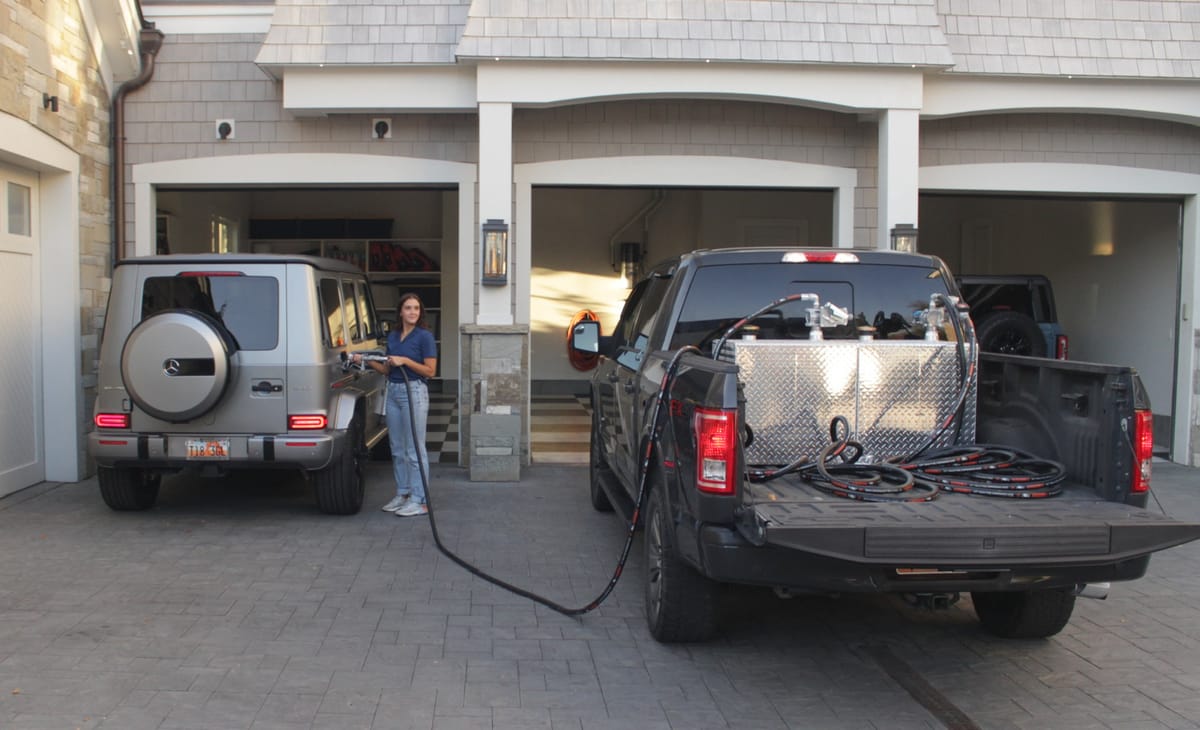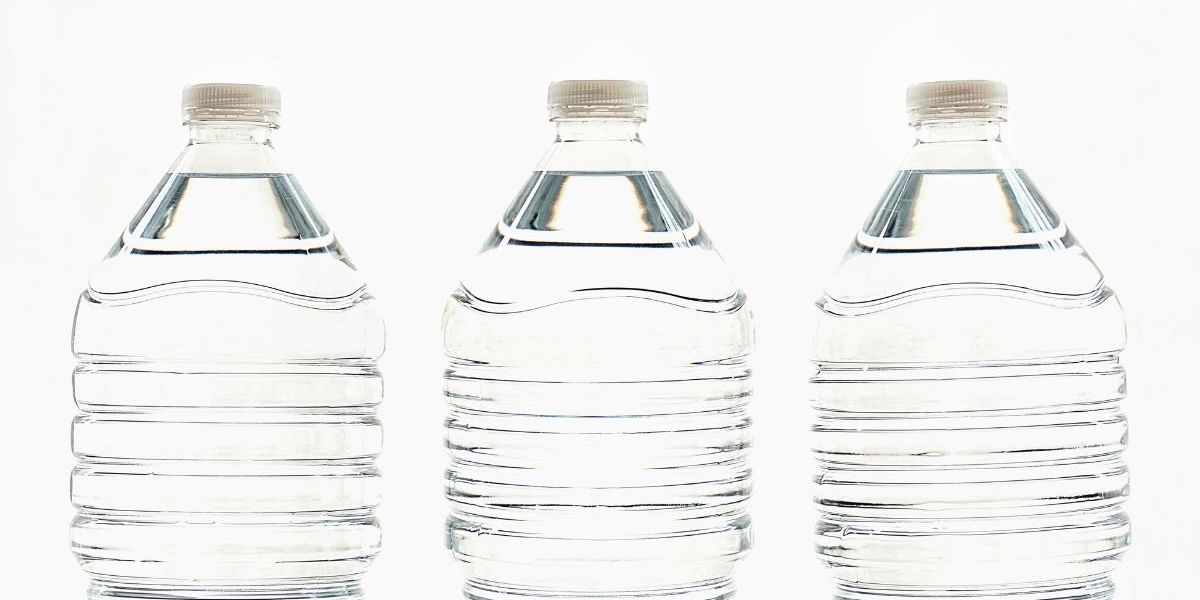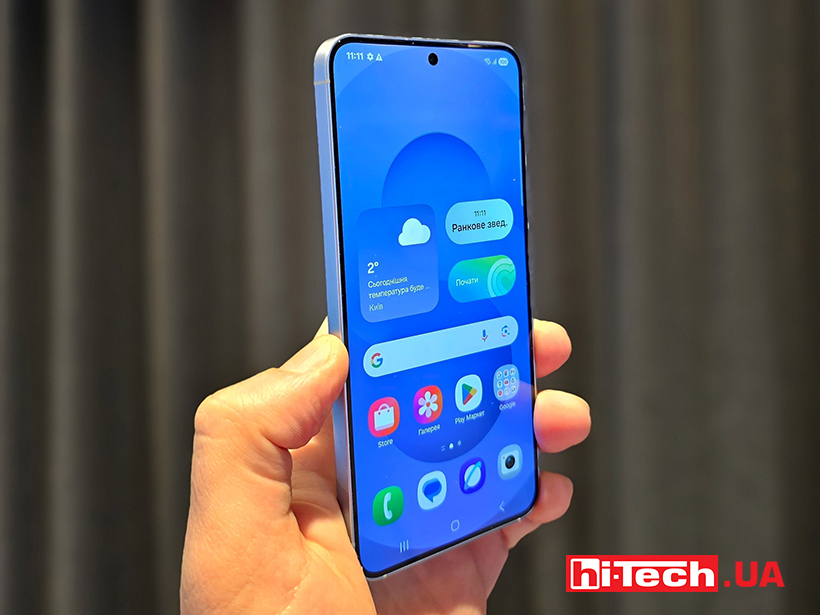- TECHSWU
- Posts
- TECHSWU
TECHSWU


In a groundbreaking move for AI, the new voice model Sesame is set to revolutionize our interaction with digital entities, blurring the lines between technology and human engagement. Think of it as the "Her" moment of AI voice technology.
With roughly 1 billion parameters, Sesame promises natural conversations that awaken a sense of familiarity and connection. Early users rave about its human-like touch, with one calling it "the first AGI moment for an AI voice.
" As it navigates the uncanny valley, Sesame is not just about casual chats; its potential spans various applications, from sales to talent recruitment. The innovation offers the chance to take a personalized AI companion on the go, potentially reshaping how we seek advice and engage in conversation.


Big box stores are stepping up their game with exciting new AI tools to enhance customer experience! Home Depot has unveiled its “Magic Apron,” a suite of generative AI tools designed to guide customers through their home improvement projects by answering product queries and providing how-to advice. This initiative aims to replicate the in-store expertise of Home Depot’s associates online, giving patrons the confidence to tackle DIY tasks anytime, anywhere.
Meanwhile, Lowe’s has introduced “Mylow,” an AI tool developed with OpenAI, to help customers find the right tools and resources for their projects. Chandhu Nair of Lowe’s emphasizes this tech-driven approach as a way to elevate the home improvement shopping experience.

In an electrifying revelation, Honda has unveiled a groundbreaking hydrogen engine, sending shockwaves through the automotive industry! In partnership with General Motors (GM), this innovative powertrain utilizes cutting-edge fuel cell technology, producing only water vapor as a byproduct—making it a shining beacon of eco-friendly transportation. The compact design of this engine not only maximizes manufacturing efficiency but also enhances vehicle design flexibility, paving the way for a new era of hydrogen-powered cars.
As governments push for reduced emissions, Honda and GM are committed to expanding hydrogen refueling stations, addressing one of the key barriers to mainstream adoption. This collaboration exemplifies how strategic partnerships can pave the way for revolutionary advancements in sustainable transportation.

Tesla is facing increasing competition in the luxury car market, as revealed in Top Gear's recent ranking of the top 10 luxury cars in the U.S.
While Tesla has established itself as a leader through its cutting-edge technology and sleek design, traditional brands like Mercedes-Benz and Audi, along with rising newcomers like Genesis and Cadillac, are stepping up their game. These new entrants are capturing attention with innovative features and budget-friendly options, posing a significant challenge to Tesla’s market dominance.
The article emphasizes that for Tesla to maintain its edge, it must continue to innovate and adapt to changing consumer preferences and advancements in electric vehicle technology. The luxury car landscape is shifting rapidly, and how Tesla responds will determine its future in an increasingly competitive arena.

FuelUp, a trailblazing startup from Provo, Utah, is shaking up the fuel delivery landscape and making gas station trips a thing of the past. Founded by brothers Loren and Cole McClure, the service began as a family-inspired idea in 2023 and quickly turned into a multimillion-dollar enterprise, primarily targeting businesses.
By focusing on "unconscious convenience" and actively engaging with potential clients, FuelUp pivoted from a residential model to a thriving B2B service, minimizing vehicle downtime for clients in industries like landscaping and pest control.
With a subscription model that price-matches local gas stations, FuelUp delivers regular, premium, and diesel fuel directly to businesses, allowing them to maximize efficiency.
As they continue to expand their operations across Utah and Arizona, the McClures envision a future that goes beyond fuel delivery, potentially offering an array of vehicle maintenance services.

Scientists have raised eyebrows with a new study revealing alarming levels of nanoplastics in popular bottled water brands. Using cutting-edge laser technology, researchers from Columbia University found an average of 240,000 nanoplastic particles per liter in three tested brands, dwarfing previous estimates.
Micro and nanoplastics are worrisome not just for their ubiquity but for their potential health risks, as they can infiltrate cells and possibly disrupt bodily processes. Despite bottled water being perceived as a safer option than tap water, this shocking discovery prompts a reconsideration of consumer choices.
Researchers stress that while municipal water is regularly monitored for safety, bottled water's plastic contamination underscores a growing environmental concern. With nanoplastics appearing in human tissues and their long-term effects still shrouded in mystery, this study serves as a powerful reminder to rethink our reliance on bottled water in favor of safer, sustainable alternatives.

Gif by Edgerunners on Giphy

At MWC 2025 in Barcelona, Samsung Display has made waves by unveiling a groundbreaking OLED panel that boasts a stunning peak brightness of 5,000 nits! This innovative display not only enhances outdoor visibility but also comes with improved energy efficiency and a sleeker design, being 20% thinner than its predecessors. The secret behind this impressive leap in technology lies in the new On-Cell Film (OCF), which eliminates the need for polarizers, resulting in less power consumption and reduced heat production while ensuring durability.
In comparison, while competitors' displays may achieve high brightness in limited zones, Samsung's panel consistently shines across larger areas, using 37% less power than older models at similar brightness. This advancement promises to redefine the user experience for smartphones and laptops, making them more stylish, energy-efficient, and perfect for use under bright sunlight.